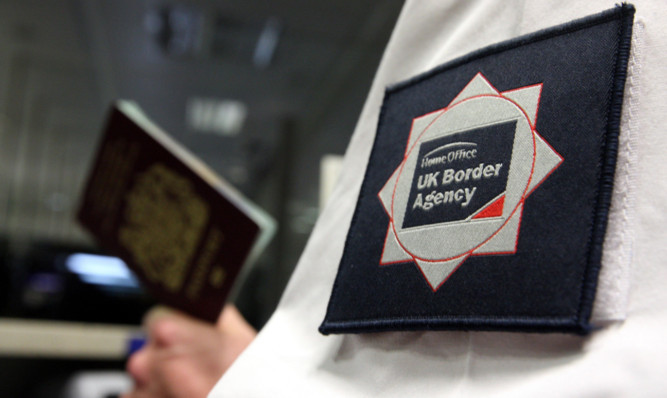A Romanian or Bulgarian family of four would be eight or nine times better off if they were to move to Britain when access restrictions are lifted at the end of the year, immigration campaigners have claimed.
A Bulgarian family made up of one individual on minimum wage with a dependent spouse and two children has a weekly income of £62 at home, compared to the £543 they could pocket in the UK, while Romanian families earn around £70 a week.
Single workers from the Eastern European countries would be four or five times better off, the study by Migration Watch UK found.
A comparison with the conditions Polish workers enjoy in Britain showed the economic incentives for Romanian and Bulgarian workers are twice as great.
Migration Watch UK chairman Sir Andrew Green said: “The wage differences turn out to be simply stunning.
“The previous government made a huge mistake by agreeing to accession treaties that granted full access to our labour market to workers from countries that have only a fifth of our GDP per head.
“Given that the economic incentives for Romanian and Bulgarian workers are twice those now enjoyed by Polish workers, it would be absurd to suggest that there will not be a significant inflow.”
Temporary curbs were imposed on Romanians and Bulgarians in 2005 to protect the British labour market, but they expire in December and under EU laws cannot be extended.
The Government has refused to provide an estimate on the number of Romanians or Bulgarians it expects to arrive in Britain, but Migration Watch has said it could be up to 50,000 a year for the first five years.
Politicians from Bulgaria and Romania have dismissed fears that the change in access restrictions will trigger a wave of immigration to the UK.
Bulgarian foreign minister Nikolay Mladenov said many of his compatriots would much rather travel to Germany, Spain and Italy, as his country has stronger business links with those countries.
